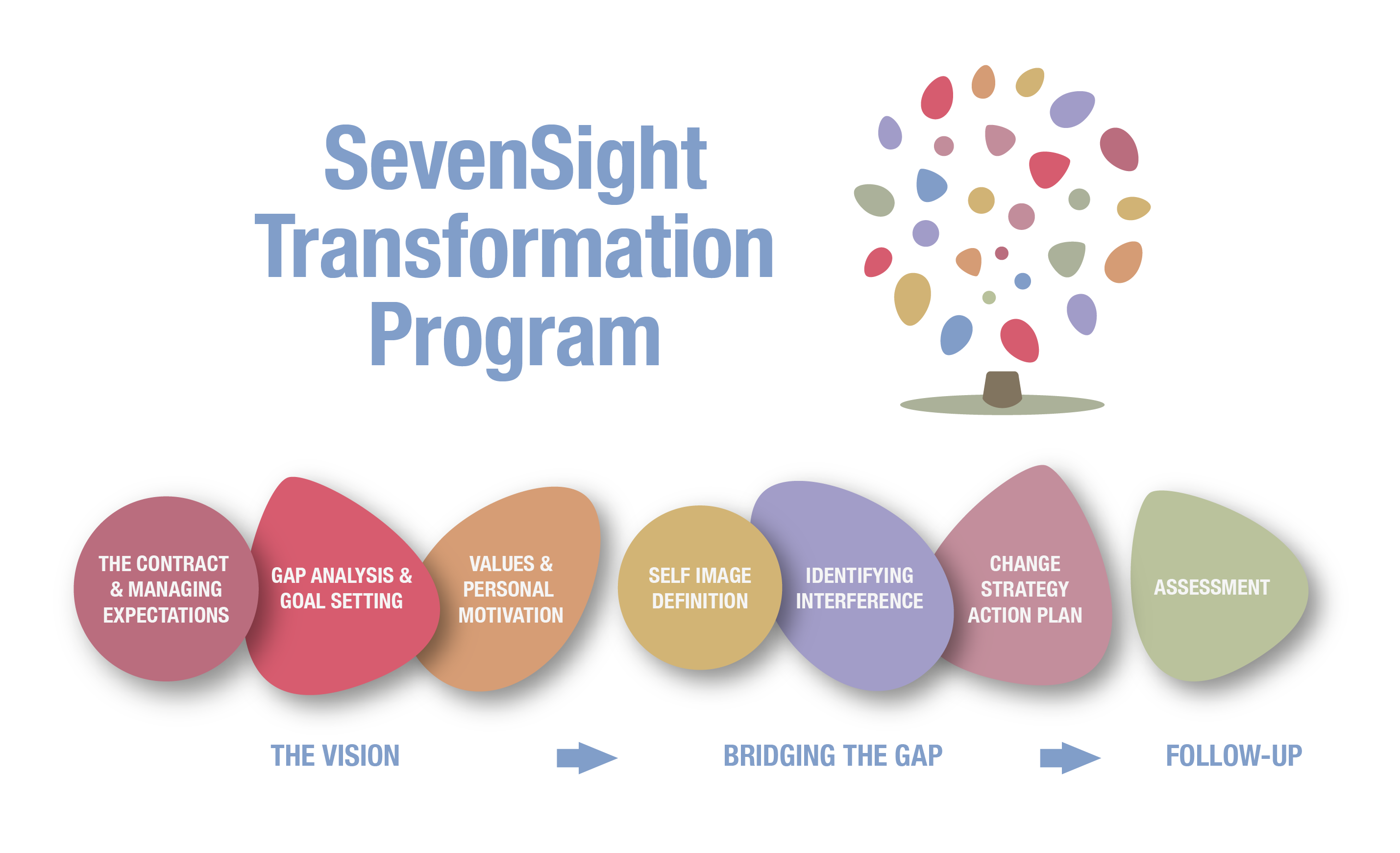
The SevenSight Transformation Program
SevenSight Transformation Video
If you’re considering improvement of any important aspect of your life, read on.
Replacing old with new it is an enriching process, potentially leading to a much better life. However, this endeavor is often perceived to be more demanding than rewarding, especially when you find yourself without a clear strategy to follow and there’s no energetic support available for you along the journey.
Transformation is a process of several stages. There’s no such thing as speedy victory.
To ensure your success, I have created The SevenSight Transformation Program: an effective, bulletproof improvement system. Whatever your goal is, following this program will lead you to the desired status and outcome.
Based on highly effective psychological and managerial findings, the program provides you with the knowledge and tools to get from where you are to where you want to be by following only 7 simple steps.
The SevenSight Transformation Program is thoroughly designed to offer you a professional experience, clarity, accessibility and practicality.
Ready to make a significant difference in your life and reach success?
How we can work together:
First steps: Book a FREE Exploratory Session – 15 minutes
Let’s learn more about each other and evaluate if we are a good fit in terms of background, style and personality. This short conversation will provide you with the opportunity to experience the energy I bring and to discover if I’m the right partner for your transformation journey.
Structure
This program is thoroughly designed for you to succeed. Every component of it embeds highly effective performance management principles to ensure your advancement towards your goal achievement while minimising the risks of pitfalls.
All it takes is for you to trust and follow the process.
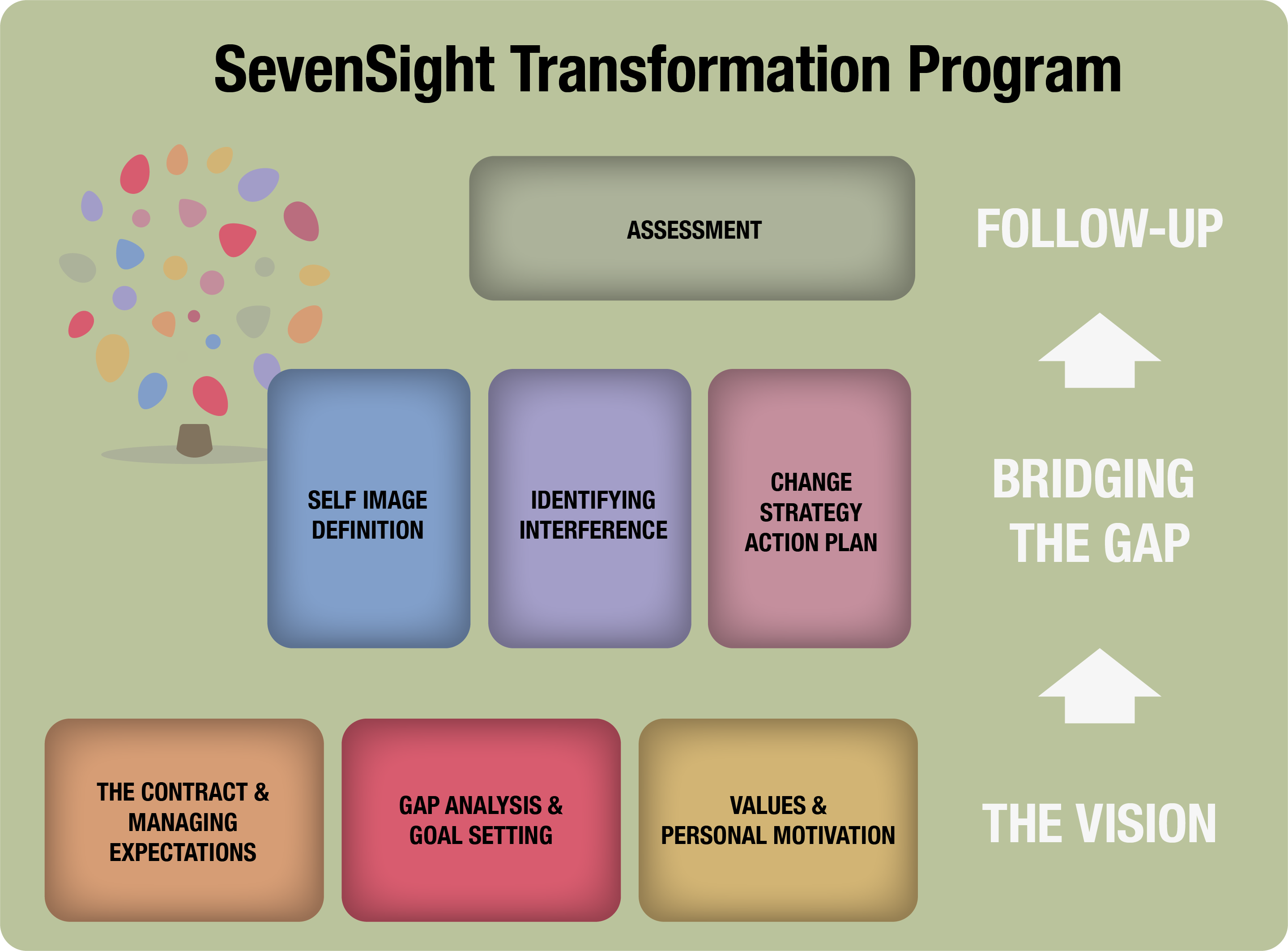
Part One
The Vision
“Would you tell me, please, which way I ought to go from here?”
“That depends a good deal on where you want to get to.”
“I don’t much care where –”
“Then it doesn’t matter which way you go.”
― Lewis Carroll, Alice in Wonderland
Statistics show that more than 70% of the projects are prone to fail, the lack of vision being thought one of the main reasons for their lack of success.
Having a clear vision is crucial as it keeps you focused and helps you overcome obstacles, while opening up your mind to many possibilities and unleashing your amazing potential.
This transformational program relies on establishing a sharp and comprehensive definition of the following:
- your reasons for embarking the process;
- what do you specifically expect to get at the end of it, and
- how this experience will be unfolding in terms of resources, roles and accountability.
If you can’t clearly articulate your expectations, you won’t be able to share them with none of the stakeholders, be it me, your supervisor, your team, or any relevant others.
If you’ve ever worked for an “I’ll-know-it-when-I-see-it” manager, you know how frustrating and how much of a timewaster this approach can be. It’s a toxic guessing game leading to disappointment and discouragement.
Without clarity of vision and direction any new attempt to achieve anything of value will crash. But failure is not an option under my watch. Being very clear about what and why you are doing what you are doing is crucial for your success, and this is exactly what we will be starting with.
The Vision stage consists of 3 sessions:
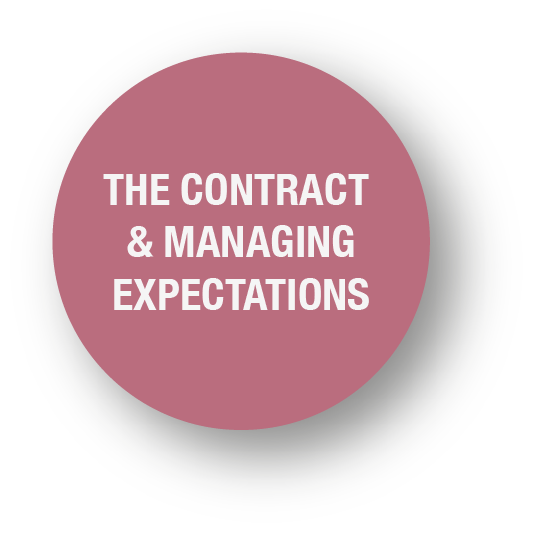
1st session – The Contract and Managing Expectations
This session covers the specifics of the contract:
- objective
- duration
- involved parties
- methodology
- resources
- logistics
- working rules, and
- accountability
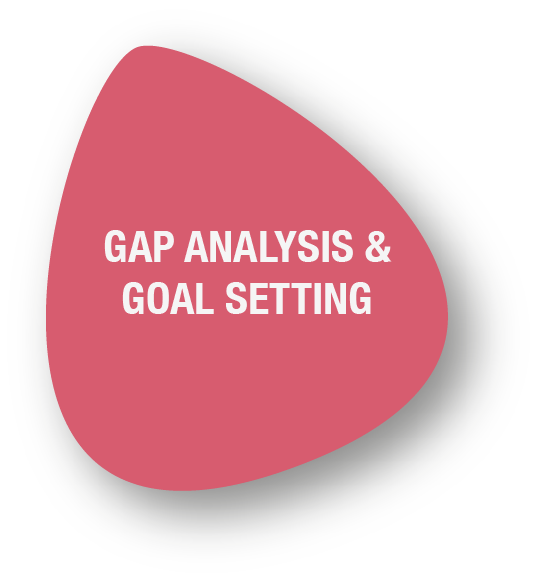
2nd session – Gap Analysis and Goal Setting
The session will be focusing on:
- picturing the gap between your current and desired stage;
- defining SMART objectives;
- selecting learning materials;
- allocating practical activities / homework.
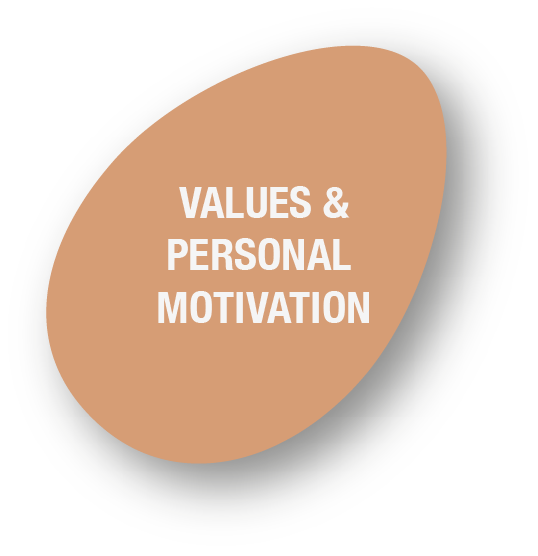
3rd session – Find your “Why” – Values and Personal Motivation
When you know what matters most to you, you can be sure you are choosing the right path. But not being aware of your hierarchy of values could turn yourself into your worse enemy; without knowing it, you would be self-sabotaging any initiative. Identifying your personal compass will ensure that your choices are aligned with, and supported by, your core life vision. Finding your “Why” will keep you from embarking into projects that would never succeed.
Part Two
Bridging the Gap
Closing the gap between thinking about doing and actually doing focuses on creating your own system of delivering results. It contains three interactive sessions and individual practical activities.
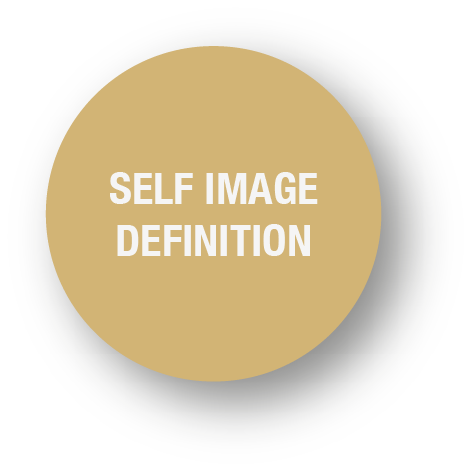
4th session – Self-Image definition
“Who in the world am I? Ah, that’s the great puzzle.”
― Lewis Carroll , Alice in Wonderland
Mastering the rules of perception and identifying your strengths will provide you with the wisdom to stay truthful to yourself. Building your strategies on your uniqueness will give you the power to safely navigate towards your final destination.
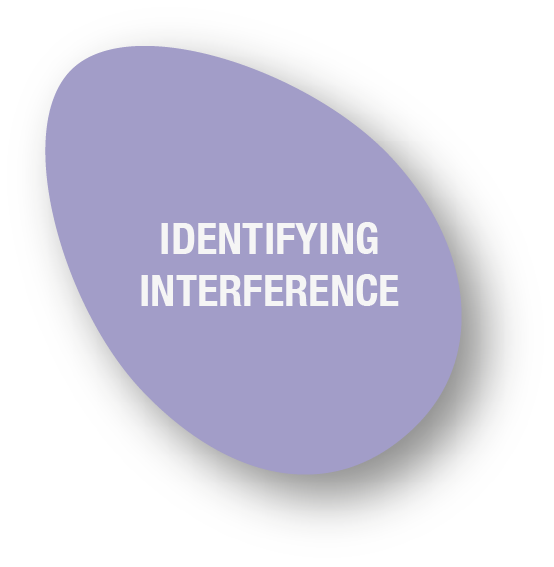
5th session – Interference Identification
“If everybody minded their own business, the world would go around a great deal faster than it does.”
― Lewis Caroll, Alice in Wonderland
An accurate representation of your context is what it takes for keeping your focus sharp. Maximise your chances of success by addressing what could possibly interfere with your goals.
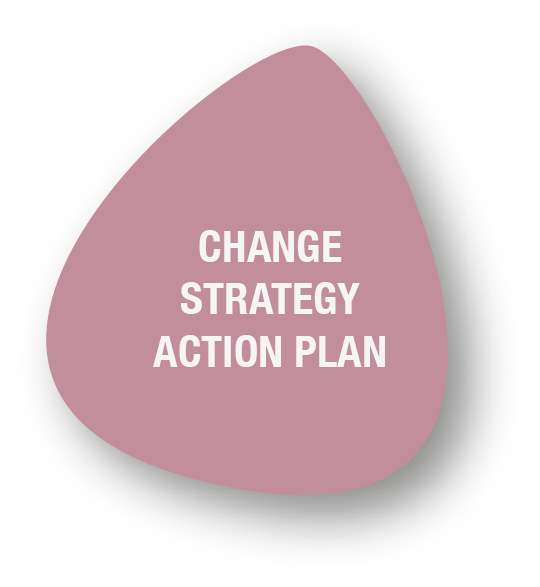
6th session – Change Strategy – Action Plan
“Only a few find the way, some don’t recognize it when they do – some… don’t ever want to.”
“I don’t see how he can ever finish, if he doesn’t begin.”
― Lewis Caroll, Alice in Wonderland
Decide your best strategy. Design a thorough plan to bridge the gap between thinking and real-life implementation.
Part Three
Follow-up
Perhaps one of the most overlooked stage of any change process, this part is devoted to monitor and consolidate the agreed plan, and to bring the program to a formal closure while opening the door for further development opportunities.
It consists of 3 practical activities and an overall assessment of the program.
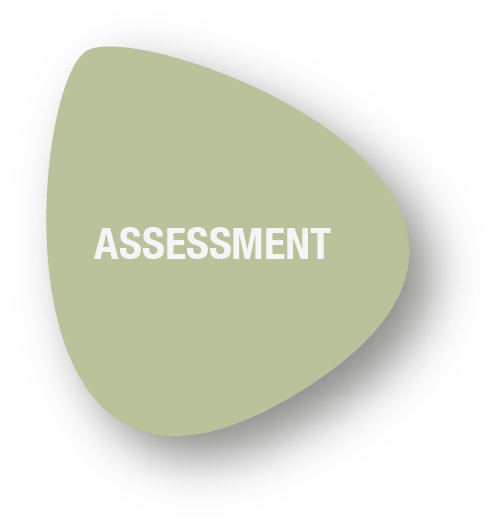
7th session – Program Assessment
Reflecting on the effectiveness and efficacity of the program, from the following perspectives:
- the need for the program
- the program design and underlying theory
- the resources
- the experience – the quality of the process
- how the program has been implemented (i.e., is it being implemented according to plan? Are the program’s processes maximizing possible outcomes?)
- the outcome or impact (i.e., what it has actually achieved)
- the program’s cost and efficiency
